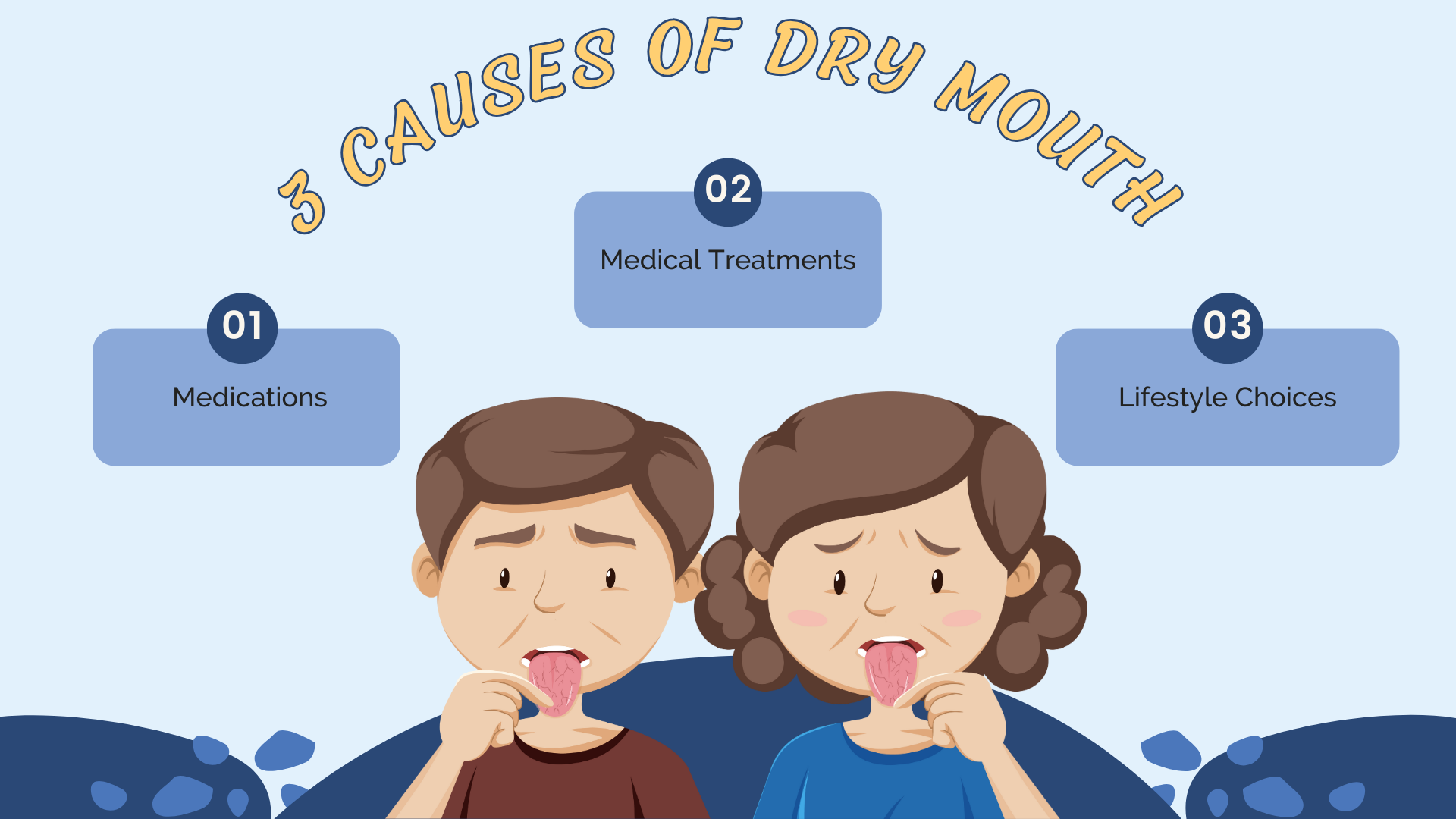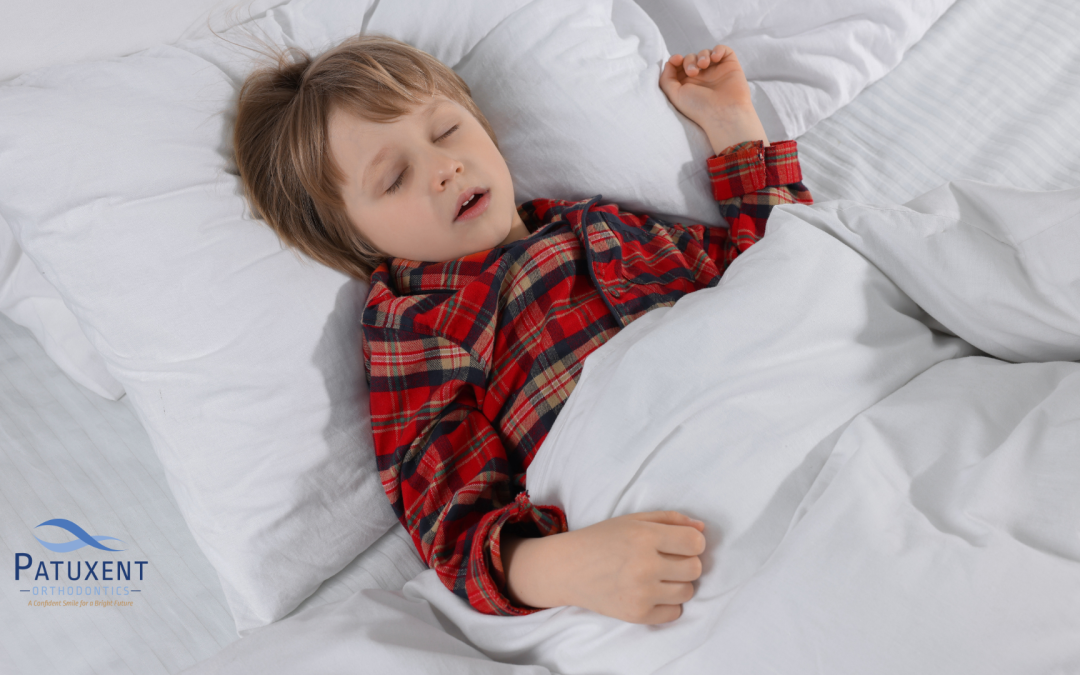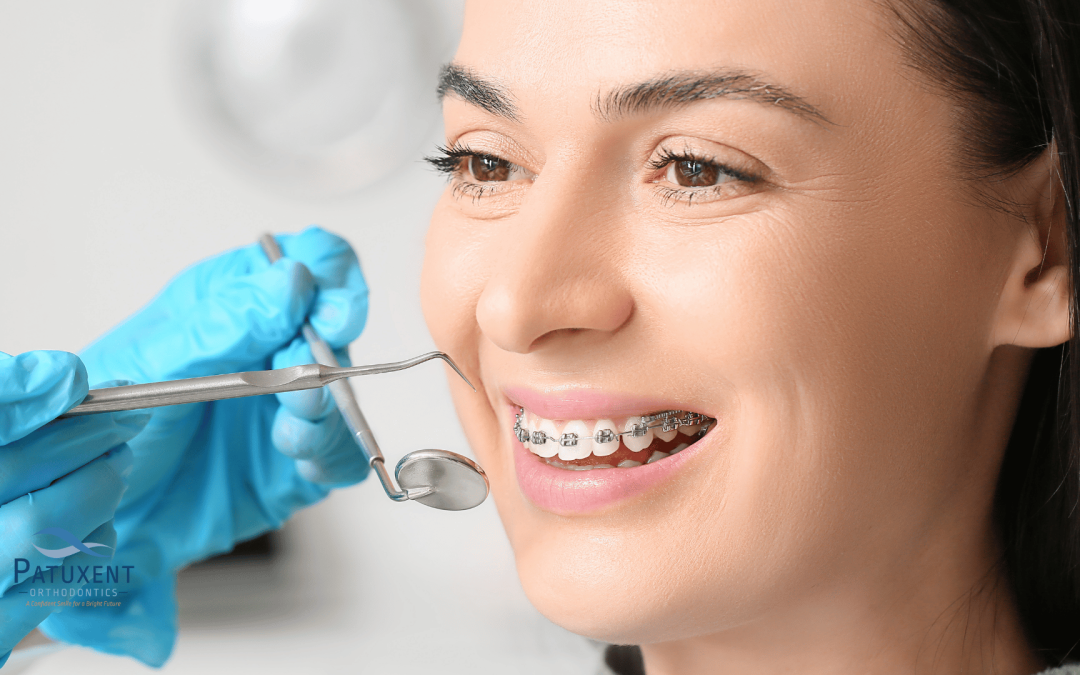How often have you noticed your mouth feeling as dry as a desert, no matter how much water you gulped down?
Dry mouth, or xerostomia, occurs when your saliva-producing glands fail to secrete enough saliva to keep your mouth moist.
While it might sound like a minor inconvenience, dry mouth will have a significant impact on your day-to-day life, making it challenging to chew, swallow, or even talk.
Understanding what causes dry mouth and how to manage it will improve the quality of life for anyone experiencing it.
Let’s dive into the world of xerostomia and explore what it’s all about!
What Is Dry Mouth?
Dry mouth or xerostomia occurs when your salivary glands produce insufficient saliva to keep your mouth wet and comfortable.
Having xerostomia is more than just uncomfortable; it may also lead to cavities since it plays a significant role in protecting your teeth from decay.
“What does dry mouth feel like?”
Picture yourself trying to enjoy a peanut butter sandwich without a glass of milk—your mouth and throat feel sticky or dry. Sometimes, having xerostomia feels like your mouth is full of cotton balls, making it challenging to swallow or chew food.
3 Causes of Dry Mouth

Medications
Numerous medicines come with side effects, such as reduced saliva flow.
Some of the usual suspects include:
- Antihistamines
- Antidepressants
- Antihypertensive drugs
- Decongestants
- High blood pressure medication
- Pain relievers
Medical Treatments
Undergoing radiation therapy, especially for cancers in the head and neck area, minimizes saliva production by inadvertently targeting the producing glands.
Chemotherapy, another powerful treatment used to fight cancer, also leads to chronic dry mouth. While it is designed to attack fast-growing cancer cells, chemo may also affect other fast-growing cells, including those in the salivary glands.
Similarly, certain surgeries, especially those involving salivary gland removal, lead to a lasting dry mouth.
Lifestyle Choices
One common lifestyle choice behind dry mouth is smoking or using tobacco products. Whether it’s cigarettes, cigars, or chewing tobacco, all of these products reduce the flow of saliva.
Drinking alcohol is another lifestyle choice that contributes to dry mouth. Alcohol has a dehydrating effect on the body, leading to a dry, uncomfortable feeling. Even using alcohol-based mouthwash may leave your mouth feeling like a desert. Similarly to alcohol, caffeine has a dehydrating effect.
Staying up late and skipping sleep is another lifestyle choice that impedes saliva production. When tired, we focus less on water and more on breathing through our mouths. The result? A feeling of dryness in the mouth.
Why Am I Getting a Dry Mouth Even after Drinking Plenty of Water?

- Sjögren’s Syndrome is an autoimmune condition where the body’s immune system mistakenly attacks the saliva and tear glands.
- Infections, blockages, or other salivary gland issues limit saliva production, regardless of your water intake.
- Some of us unconsciously breathe through our mouths at night, especially when dealing with nasal congestion. This leads to xerostomia upon waking up, even if you drank plenty of water before bed.
- As we grow older, our bodies produce less saliva naturally.
- Anxiety and stress help the dry mouth feeling persist even after guzzling water.
Is Dry Mouth a Common Symptom?
The experience of having a dry mouth is more common than you might think.
Research shows that about 22% of people—just over 1 in every 5 individuals—deal with this condition.
The likelihood of experiencing xerostomia increases with age. While people of all ages deal with parched mouths, the condition is notably more frequent among seniors. This trend is attributed to various factors, such as general health, certain medications, or even the natural aging process.
7 Dry Mouth Symptoms

Dry mouth isn’t just about having a parched mouth. There’s more to it, and its symptoms do make a difference in how comfortable you are throughout the day.
Firstly, the most obvious sign is a constant dry feeling in the oral cavity—your mouth still yearns for moisture, no matter how much water you gulp down. A sensation of stickiness or thickness in the mouth and throat sometimes accompanies this feeling.
Another symptom is a dry, rough tongue, possibly redder than usual.
Cracked lips and mouth sores are also indicators of xerostomia.
Your lips will dry and crack easily when the mouth lacks moisture. The lack of saliva inside your mouth may cause sores to form, making eating and speaking uncomfortable.
Saliva helps in washing away food particles and bacteria. Without it, the accumulating debris and bacteria may cause an unpleasant odor.
Difficulties in tasting, chewing, and swallowing also point towards dry mouth.
Saliva aids in the process of breaking down food and helps in tasting what you’re eating. Without it, these simple tasks may become challenging.
A dry throat and hoarseness in voice are additional signs of xerostomia. Like the mouth, the throat may feel parched, and the voice can be raspy.
Occasionally, patients with dry mouth experience a tingling or burning sensation, particularly on the tongue or the roof of the mouth.
8 Medical Issues Caused by Dry Mouth

- Tooth Decay and Gum Disease: Saliva washes away food particles and neutralizes acids produced by oral cavity bacteria. Without enough saliva, tooth decay and gum disease risk increases because the acids erode the tooth enamel, leading to cavities and gum issues.
- Mouth Infections: Xerostomia creates a thriving environment for harmful bacteria and yeast, leading to oral infections, such as thrush (a fungal infection in the oral cavity).
- Difficulty Eating and Speaking: Saliva aids in chewing and swallowing food. When there’s not enough saliva, eating certain foods and speaking may become challenging.
- Bad Breath: The lack of saliva means food particles and bacteria are washed away less efficiently. This may cause bad breath, also known as halitosis.
- Dental Wear and Tear: Without the cushioning effect of saliva, your teeth will grind against each other more directly.
- Disturbed Sleep: Patients with dry mouth wake up frequently at night due to the discomfort.
- Impact on Taste: With less saliva to help taste, food might not seem as flavorful as before.
10 Dry Mouth Remedies

- Stay Hydrated: Sipping water throughout the day keeps your mouth moist and removes food particles.
- Sugar-Free Chewing Gums and Candies: Sugar-free gum and candy stimulate saliva flow. Look for products containing xylitol to level up your cavity-prevention game.
- Improve Oral Hygiene: Brush your teeth at least twice daily with fluoride toothpaste, floss regularly, and use an alcohol-free mouthwash.
- Humidify Your Room: Adding moisture to the air in your room using a humidifier will help soothe a dry mouth, especially during sleep.
- Limit Caffeine and Alcohol: Both caffeine and alcohol dehydrate the oral cavity.
- Avoid Smoking: Smoking worsens dry mouth symptoms. Quitting smoking is not just good for your mouth but also benefits your overall health.
- Breathe Through Your Nose: Make a conscious effort to breathe through your nose as much as possible.
- Over-the-Counter Products: Saliva substitutes and oral moisturizers will help keep your mouth moist.
- Stay Away From Spicy or Salty Foods: Too much spiciness/saltiness in your diet will irritate a dry mouth.
- Speak to Your Doctor: If you’re taking medications with dry mouth as a side effect, your doctor might adjust the dosage or suggest an alternative.
Conquer the Desert by Managing Your Dry Mouth!
Contact Patuxent Orthodontics if orthodontic care is the solution to your dental woes. Whether you want to learn more about the benefits of orthodontic care or have questions about the process, use our live chat, call (240) 802-7217, or message us through our Contact Us page to connect with our friendly staff today and book a complimentary consultation!
Our office, located at 44220 Airport View Dr., Hollywood, MD 20636, proudly serves Maryland’s Patuxent area and Greater Washington DC. So, if you’re residing in Hollywood, Wildewood, or Leonardtown and are looking for one of the best orthodontists in Maryland, don’t hesitate to visit our office!
We also invite you to keep up with our blog to get answers to many of the frequently asked questions about maintaining your perfect smile, and follow us on Facebook and Instagram to become a part of our smiling community!
References
- “7 Common Causes of Dry Mouth-and How to Fix It.” SELF, SELF, 12 Mar. 2017, www.self.com/story/causes-of-dry-mouth-and-dry-mouth-remedies. Accessed 2 Nov. 2023.
- “Dry Mouth.” Mount Sinai Health System, www.mountsinai.org/health-library/symptoms/dry-mouth. Accessed 2 Nov. 2023.
- “Dry Mouth Causes and Treatment.” NHS Inform, 20 Oct. 2023, www.nhsinform.scot/illnesses-and-conditions/mouth/dry-mouth/. Accessed 2 Nov. 2023.
- “Dry Mouth: Causes, Risks, and Treatments.” WebMD, WebMD, www.webmd.com/oral-health/dental-health-dry-mouth. Accessed 2 Nov. 2023.
- “How Common Is Dry Mouth? Systematic Review and Meta-Regression Analysis of Prevalence Estimates.” Brazilian Dental Journal, U.S. National Library of Medicine, pubmed.ncbi.nlm.nih.gov/30517485/. Accessed 2 Nov. 2023.
- NHS Choices, NHS, www.nhs.uk/conditions/dry-mouth/. Accessed 2 Nov. 2023.
- “Sjögren’s Syndrome.” National Institute of Arthritis and Musculoskeletal and Skin Diseases, U.S. Department of Health and Human Services, 14 Sept. 2023, www.niams.nih.gov/health-topics/sjogrens-syndrome. Accessed 2 Nov. 2023.
- “Xerostomia (Dry Mouth).” Cleveland Clinic, my.clevelandclinic.org/health/diseases/10902-dry-mouth-xerostomia. Accessed 2 Nov. 2023.











